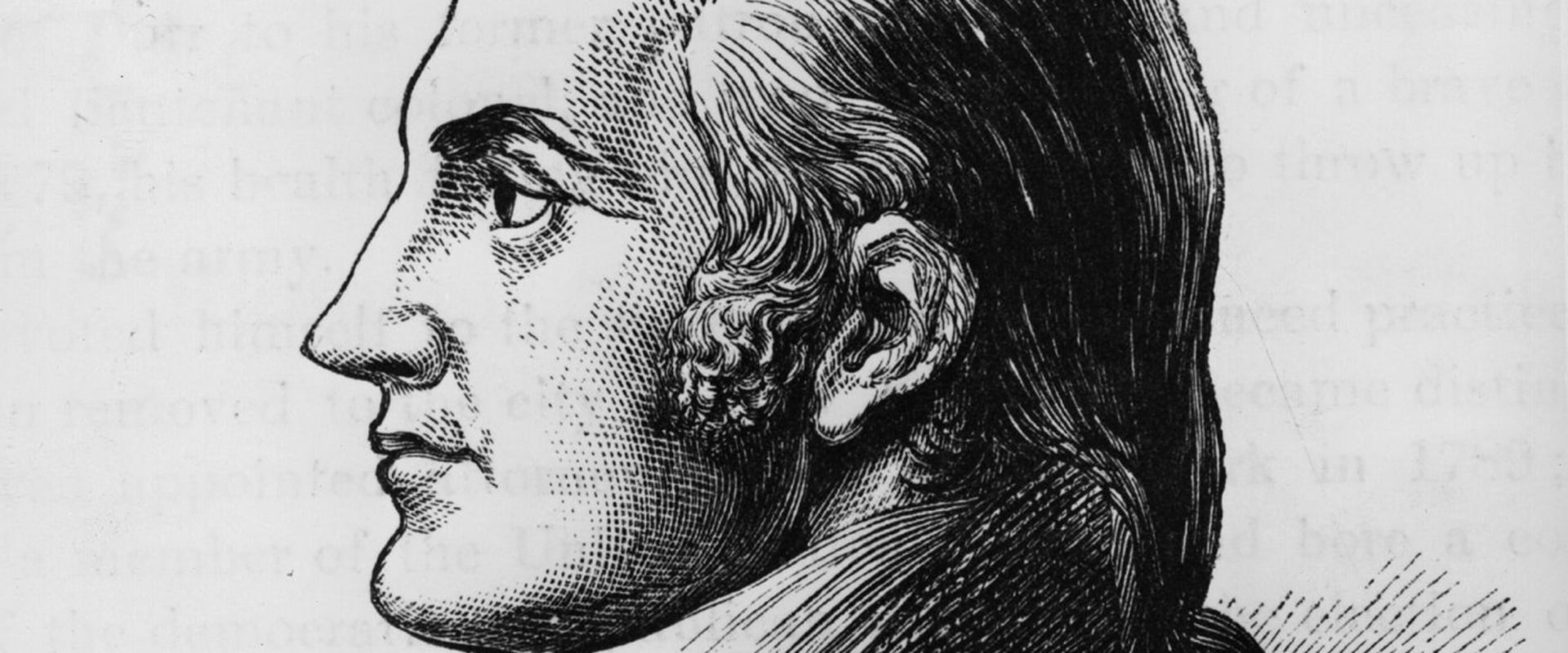In the mid-1830s, as a lawyer in the New York Court of Chancellery, Hamilton represented Eliza Jumel against her husband Aaron Burr during two years of divorce proceedings, which ended in 1836 on the day of Burr's death. Maria Reynolds divorced James Reynolds with Burr as her lawyer. Burr probably found out about Alexander's exploits from her. Interestingly, Hamilton, Jr.
The divorce case based on Burr's alleged infidelity was conducted privately in the Chancery Court. He represented Eliza Jumel and Charles O'Conor represented Burr. On September 14, 1836, coincidentally the day of Burr's death, Judge Philo T. When it became clear that Jefferson would withdraw Burr from his candidacy in the 1804 election, the vice president ran for governor of New York.
Rumors circulated that Burr and a faction of federalists were encouraging Republican representatives to vote for him, blocking Jefferson's election to the House of Representatives. The incident ended their long-standing rivalry, but Hamilton's son seems to have had the final say against his father's nemesis during a divorce trial. Although Jefferson and Burr won New York, he and Burr tied for the overall presidency, with 73 electoral votes each. After leaving military service in 1779, Burr practiced law in New York City, where he became a prominent politician and helped form the new Democratic-Republican Party of the Jeffersonian.
It was a brilliant line of reasoning, and the New York Supreme Court upheld it although Jumel was held liable for legal fees incurred after July 8, the date of the divorce, when she became a single woman whose contracts were enforceable. Others included Harman Blennerhassett, who offered the use of his private island to train and equip Burr's expedition. Because of Burr's habit of putting self-interest above the good of the whole, these men thought that Burr posed a serious threat to the ideals they had fought for in the revolution. Since Jumel was married to Burr when she asked Wilson to handle her divorce, any implied contracts between her and the lawyer were invalid, she argued.
That said, this statement is more traditional than likely, Shelton added, as it would be fair in the period of the divorce trial, during which correspondents were thrown at each other, and, on Burr's side, in an unfair ratio of four to one. As a New York Assemblyman in 1785, Burr supported a bill to end slavery, despite having owned slaves himself. Forces in 1798, but rejected Burr's request for a brigadier general commission during the quasi-war with France. After Burr left the vice presidency at the end of his term in 1805, he traveled to the western border, areas west of the Allegheny Mountains and through the Ohio River Valley, eventually reaching the lands acquired in the Louisiana Purchase.
The divorce lasted for more than three years, from July 1833 to September 1836, during which time Burr suffered several strokes. With Burr safe in the grave, he refused to pay his divorce lawyer, Wilson, and devised a justification for ripping him off that remained in court. News of the conspiracy reached President Jefferson in Washington, and a warrant was issued for Burr's arrest.








